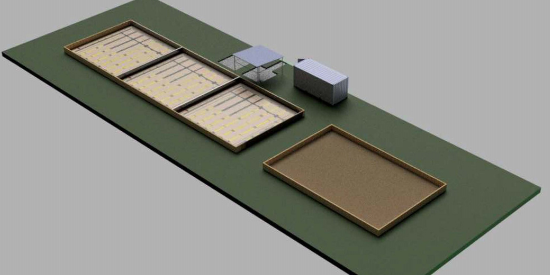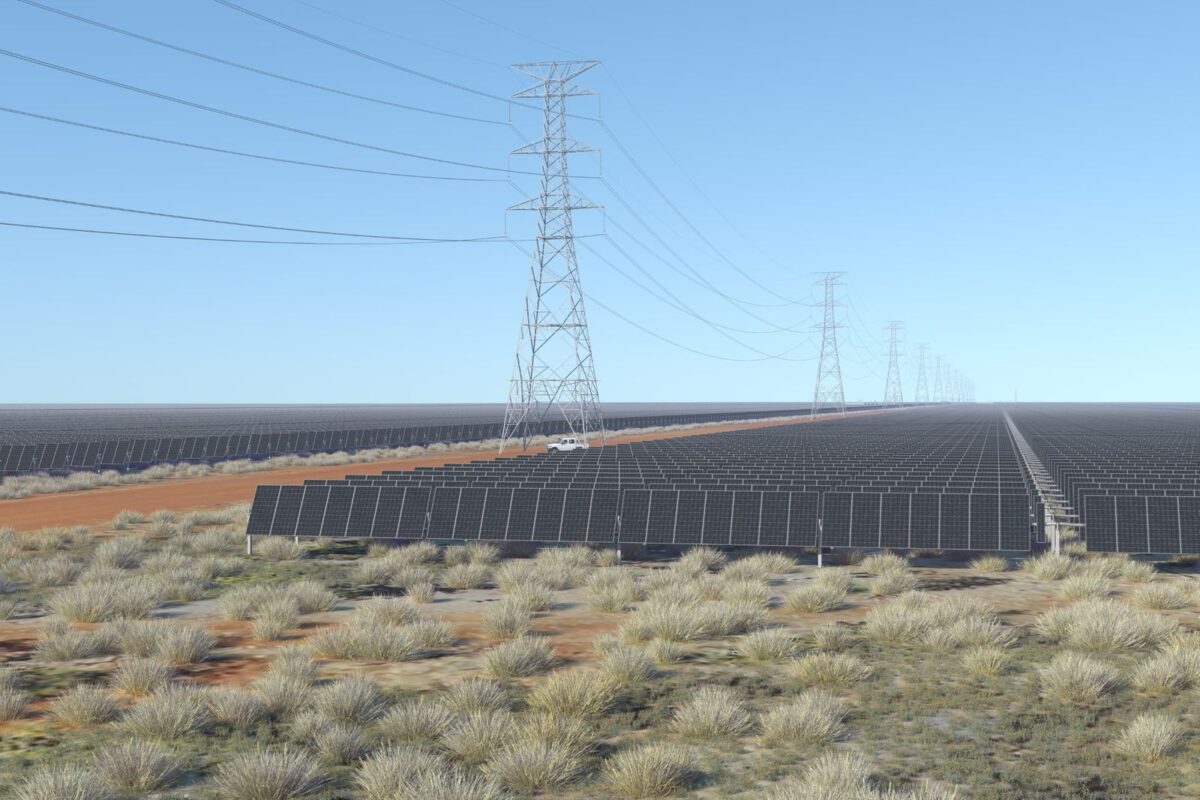Although South Australia and Western Australia seem to be doing most of the work, it is important to remember that the pursuit of hydrogen development is, in fact, a group project, and other Australian states and territories have contributions to make. Yesterday, Victoria took the initiative through a $2.3 million industry-led hydrogen research project at Deakin University’s Warrnambool campus.
The five-year project known as the Hydrogen Test Bed, in conjunction with Future Fuels CRC, is an effort to establish south-west Victoria as a hub of hydrogen expertise by burying gas pipes in sand, filling them with hydrogen, and seeing what happens. The aim of the research is to determine the suitability of Australia’s gas infrastructure for the transportation of hydrogen, which is to say, to make sure Australia doesn’t build its hydrogen economy on sand.
Of course, if it is found that Australia’s existing gas infrastructure can be repurposed, not only will a domestic green hydrogen market be accelerated but more funds can be allocated to other aspects of the clean energy transition.
“This project is looking at all parts of the reticulated gas network,” said lead researcher Nolene Byrne, “including welds, junctures, regulators and appliances, so that we can safely introduce hydrogen into existing infrastructure.”
A future where Australians can enjoy the convenience of gas heating and cooking, without CO2 emissions on the side, is one step closer with the Hydrogen Test Bed project now up and running at #Deakin's Warrnambool campus: https://t.co/nJX6vxCY3S pic.twitter.com/gzhb0NX55e
— Deakin University (@Deakin) November 9, 2020
The Hydrogen Test Bed facility is to be located in the proposed Hycel Technology Hub which has $2 million in Commonwealth funding to develop a facility for the development of hydrogen technologies at scale.
Deakin University Vice-Chancellor Iain Martin said that the university is “responding to the needs of governments and industry to deliver research that unlocks the potential of hydrogen and regional Victoria.”
Of course, the Commonwealth Government has already formalised its ambitions in the hydrogen sector through the National Hydrogen Strategy, but just as the Hydrogen Test Bed is industry-led, so indeed is the sector itself becoming. Earlier this month, the Australian Hydrogen Council (AHC) announced that over fifty Australian businesses have now signed up as members.
“The hydrogen sector is increasingly being seen as an important part of the future energy mix,” says Dr Fiona Simon, CEO of the Australian Hydrogen Council. “The confidence underpinning this hydrogen sector expansion and investment is being demonstrated through our fast-growing membership, even during the pandemic.”
This content is protected by copyright and may not be reused. If you want to cooperate with us and would like to reuse some of our content, please contact: editors@pv-magazine.com.









By submitting this form you agree to pv magazine using your data for the purposes of publishing your comment.
Your personal data will only be disclosed or otherwise transmitted to third parties for the purposes of spam filtering or if this is necessary for technical maintenance of the website. Any other transfer to third parties will not take place unless this is justified on the basis of applicable data protection regulations or if pv magazine is legally obliged to do so.
You may revoke this consent at any time with effect for the future, in which case your personal data will be deleted immediately. Otherwise, your data will be deleted if pv magazine has processed your request or the purpose of data storage is fulfilled.
Further information on data privacy can be found in our Data Protection Policy.